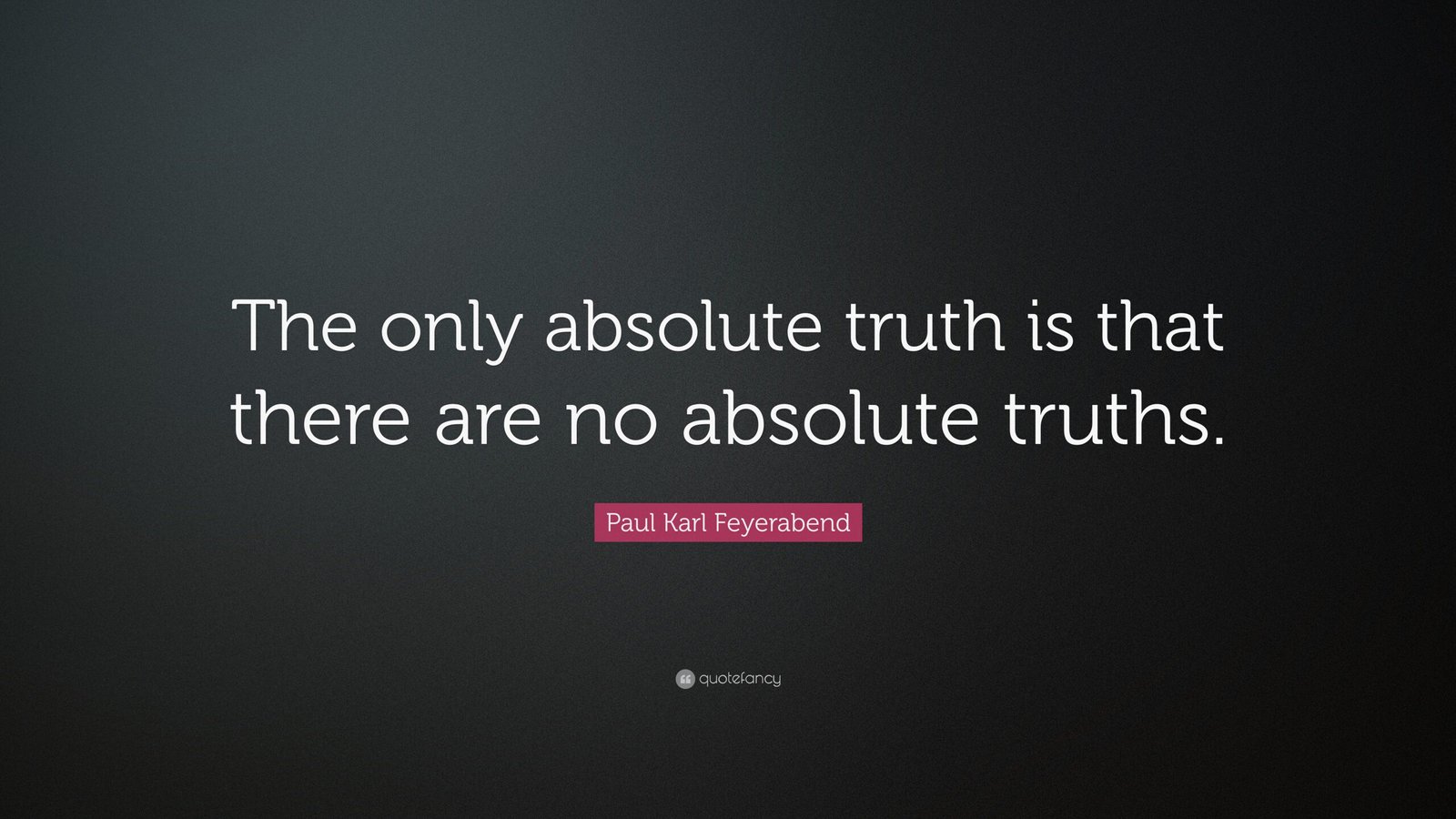Breathing is an autonomic function. We rarely think about how it affects our emotions or our physical well-being until we find ourselves in the middle of a stressful situation. “Just breathe” isn’t always as simple as it sounds; sometimes we need a little help to rein in anxiety-induced breathing. Breathing is an autonomic function. We rarely think about how it affects our emotions or our physical well-being until we find ourselves in the middle of a stressful situation. “Just breathe” isn’t always as simple as it sounds; sometimes we need a little help to rein in anxiety-induced breathing.
Think about how you breathe when you’re calm, anxious, happy, angry, or hurt. Your body automatically reacts to the situation that confronts you, but you can take control of your breathing. Get comfortable and practice a simple breathing exercise: breathe in for 3 seconds, hold for 3 seconds, and exhale for 3 seconds. Practice this while you’re meditating, praying, or during quiet time. As you concentrate on slowly breathing in and exhaling, you’ll develop a rhythm that will calm your spirit and help you focus on the moment. You will also be developing a coping mechanism for times of stress and anxiety.
Spend time investing in your emotional and mental health. It’s one of the keys to a healthy lifestyle. (Genesis 2:7)

July 7, 2025





